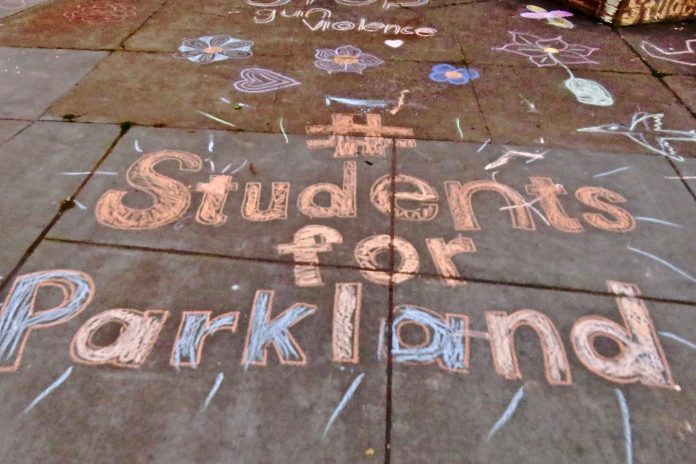The US Constitution is an extraordinary document that helped a new country hold together only a few years after winning its independence and made possible an experiment in representative government that was without precedent. However, it is not always a democratic document. The most obvious ways in which the political system created by the constitution is not democratic is the electoral college and the US Senate, both of which award disproportionate influence to voters from small states.
The electoral college and the US Senate are unlikely to change anytime soon, but if we want to live in genuinely democratic country, we are going to have to explore ways to reform those institutions. As the US continues to experience a degree of democratic rollback unprecedented in modern times, it is useful to probe some of the other areas of the constitution that may not be compatible with any kind of meaningful democracy, most notably given recent events, the Second Amendment. Like most parts of the Constitution, the Second Amendment is vague and can be interpreted several different ways, but for a significant minority of Americans, and far too many American legislators, it is interpreted to mean that Americans have an inalienable right to own as many, and whatever kind, of guns as they want. That interpretation is no longer compatible with democracy, a political system based deeply in the notion that all citizens have the right to move about society freely and safely.
Many countries that are at least as democratic as the United States have strong restrictions on gun ownership. Those restrictions have meant less gun violence and much fewer school shootings and have in no way compromised the quality of their democracy. Clearly, if we were writing a constitution and trying to craft a democracy today, we would not include a clause like the Second Amendment. The proof of that is that none of the world’s newer democracies, many of which have become democracies with the assistance of the US, have anything like our Second Amendment in their constitution. Meanwhile in the US, ordinary citizens are killed by a small minority of the population, sometimes for obscure political reasons and sometimes for no clear reason at all, but a democracy that cannot keep people safe in, of all places, their schools and churches, is failing its people.
A devout belief in the most extreme interpretation of the Second Amendment also undermines our democracy because it leads to proposed policy solutions antithetical to a free people. The scapegoating of the mentally ill is venal and ugly on its own, but the policy proposals that follow call for a level of scrutiny into people’s lives that have no place in a democracy. In democracies, law enforcement officials do not launch an investigation every time a citizen raises a concern that a neighbor or colleague is acting weird or is a little bit off. In a diverse democracy like the US, that could lead to institutionalized harassment by law enforcement or social service agencies acting on the behest of people who may simply have a grudge against their neighbor. People are asked to report quirky or unusual activity to the authorities in totalitarian regimes, not in democracies. Encouraging more of that behavior rather than passing sensible gun laws, even if it is done under cover of the Second Amendment, is not good for democracy.
Addressing the problem of mass shootings in schools, churches and elsewhere is not one, like for example finding millions of good paying jobs for Americans or curing AIDS, for which there are no easy solutions. On guns, the solution is clear and has worked in almost country on the planet. This does not mean taking every gun away from every American, but crafting rational laws that, for example, limit access to weapons of war and require full background checks. In a democratic country it should be possible to do that, but in the US we no longer can.
Those who seek to craft policies to address the problem of easy and widespread access to extremely powerful firearms are confidently and dismissively told by legislators who receive generous support from the NRA that those efforts can never lead anywhere due the Second Amendment. This misinterpretation of the Second Amendment is wielded like some kind of magical trump card that can, and frequently does, end any conversation or debate about guns. In democracies, rational policy solutions must be discussed and debated not shouted down by a small minority of the American people hiding behind an extreme interpretation of a sentence written more than 200 years ago. Thus, for several decades now the Second Amendment has been wielded not as a way to guarantee individual freedom, but to make mass shootings easier and ultilmately stifle democracy.
Follow me on Twitter at: http://twitter.com/LincolnMitchell

